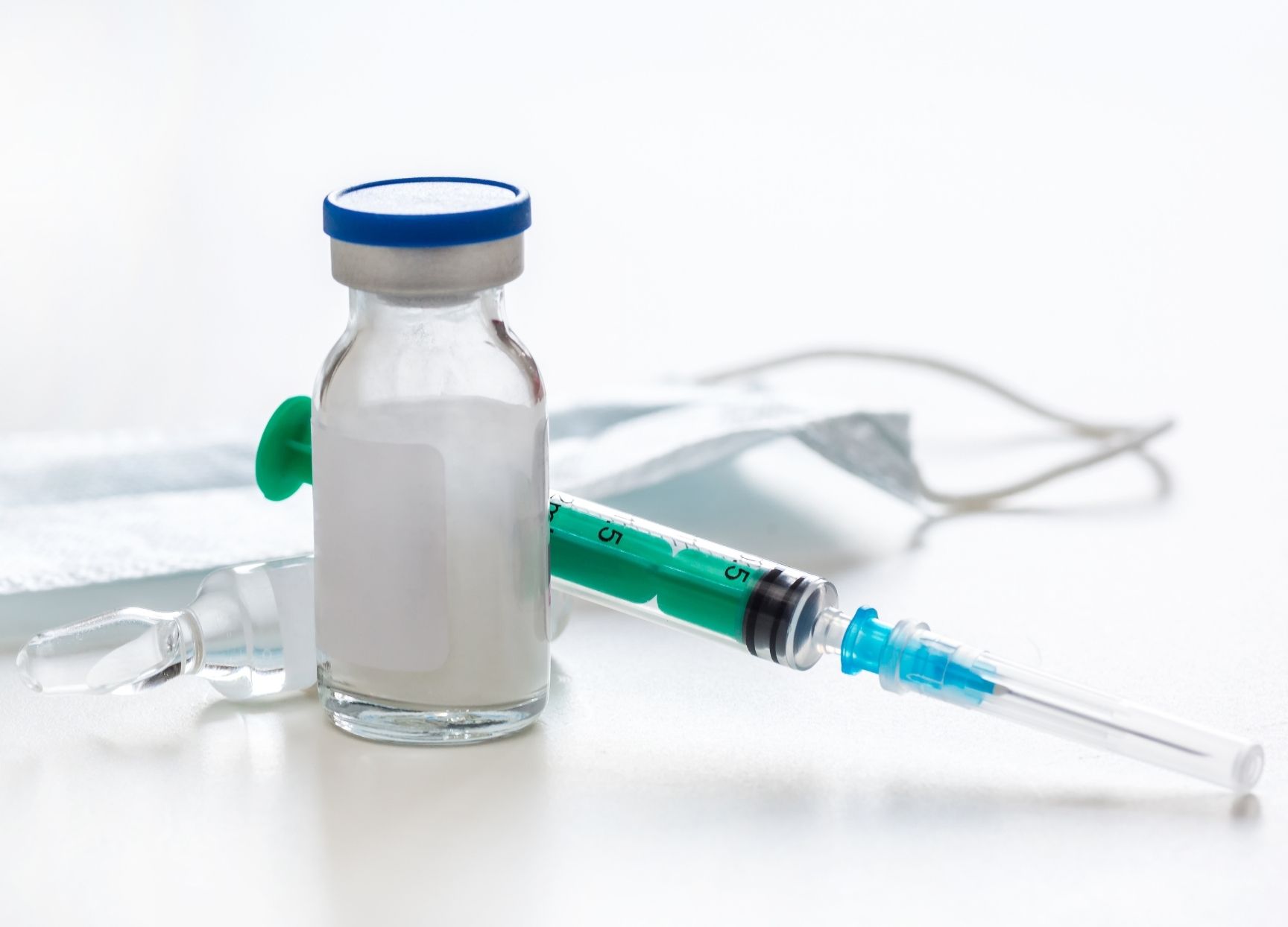A drug provocation test (DPT), also known as a drug challenge is a medical procedure in which a drug is given slowly (as tablet/syrop, injection, inhalation – depending on the drug), in gradually increasing amounts to diagnose or rule out a true drug allergy. It is done when a medical history and allergy tests (skin/blood tests) are inconclusive (for example in case of suspected penicillin allergy) or if no routine laboratory tests are available (for example in case of suspected Aspirin allergy). Sometimes it is used to assess tolerance to an alternative drug for example, if a patient is allergic to an antibiotic, another antibiotic of the same or different family is tested.
Most DPTs are performed openly, meaning that both the patient and doctor know what drug is being given. In blinded challenges, either the patient (single-blind), or both the patient and the doctor (double blind) do not know whether the real test drug is being eaten or a placebo.
The procedure takes from 2-6 hours depending on the drug tested and severity of the index reaction. Sometimes the same drug needs to be taken after DPT for a few days to rule out a delayed reaction.







